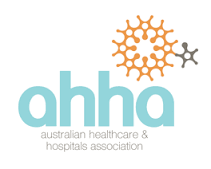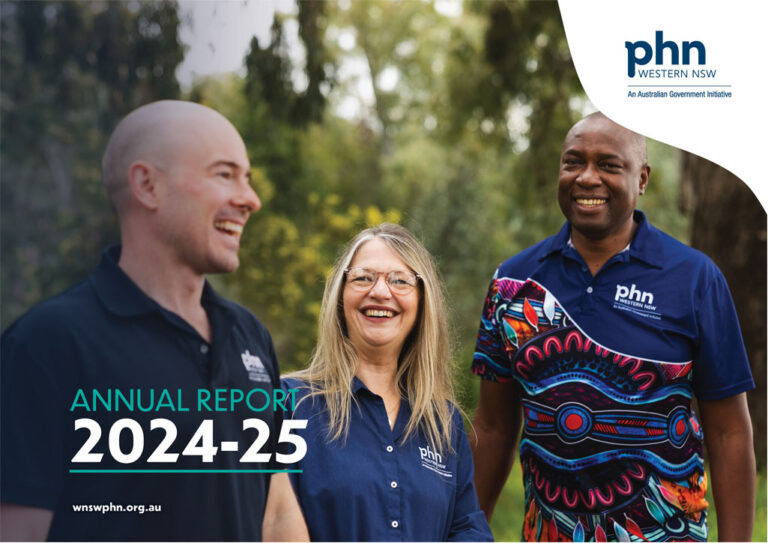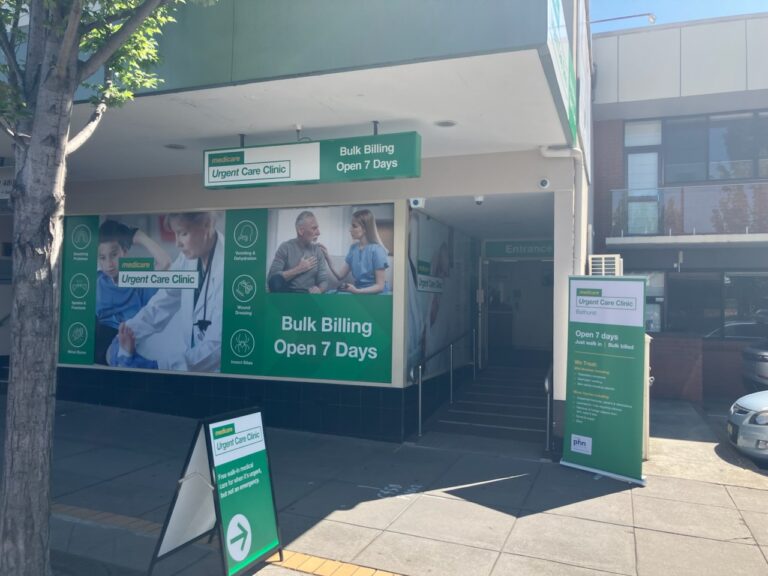˜Western New South Wales Primary Health Network (WNSW PHN) has had some exciting and inspiring success in delivering effective primary health services to Aboriginal people’, says Alison Verhoeven, Chief Executive of the Australian Healthcare and Hospitals Association (AHHA).
The AHHA has released a Deeble Institute Evidence Brief on ˜What works’ in partnering to deliver effective Aboriginal health services: the Western New South Wales Primary Health Network experience.
The release of the Evidence Brief follows the launch of the region’s Cultural Safety Framework last week in Broken Hill by the Minister for Indigenous Health, Hon. Ken Wyatt, MP.
˜The partnership between the Western New South Wales Primary Health Network and Aboriginal primary healthcare services in the region is proving to be very effective”especially in terms of increased trust and support for a stronger network of services for local Aboriginal communities’, Ms Verhoeven said.
In particular, the number of Aboriginal people using integrated care services for chronic conditions more than doubled in the space of only 4 months.
Western NSW PHN CEO Andrew Harvey said ˜The structure and governance of Aboriginal health services in this PHN region are unique in Australia, and could possibly provide lessons for other PHNs and Aboriginal health programs generally’.
˜There have been many keys to success. We started at ground level, when we set up the PHN, by having an Aboriginal Health Council as an integral part of our governance structure. We also made sure we had strong Aboriginal representation on our Board.’
˜Then, when we went to commissioning services we truly placed “Aboriginal health in Aboriginal hands at all levels by contracting a consortium of two leading Aboriginal health organisations in the region, Maari Ma Health Aboriginal Corporation and Bila Muuji Health Services, to deliver the program, which they named ˜Marrabinya’, meaning “hand outstretched .
˜The model for Marrabinya was born out of the thinking and design work undertaken by these two organisations, based on their understanding of community and general practice needs. Among many things, they increased the proportion of funding devoted to services by being innovative in keeping administration costs down.’
˜Additionally, the Cultural Safety Framework released last week is part of an ongoing effort to provide services that improve Aboriginal health’, Mr Harvey said.
Ms Verhoeven said ˜Although the Marrabinya scheme is in its infancy, the governance and on-the-ground structures put in place, the shared commitment to success, and the determination to “see it through in both the short and long terms, are exemplars for PHNs and similar organisations.’
Chair of the Western NSW PHN Aboriginal Health Council, William ˜Smiley’ Johnstone, said ˜We want to show the rest of Australia how to do the business with Aboriginal health.’
For more information on the AHHA, visit http://ahha.asn.au.
Media enquiries: Alison Verhoeven, Chief Executive, AHHA, 0403 282 501
Andrew Harvey, Chief Executive Officer, Western NSW PHN, 0428 222 078






